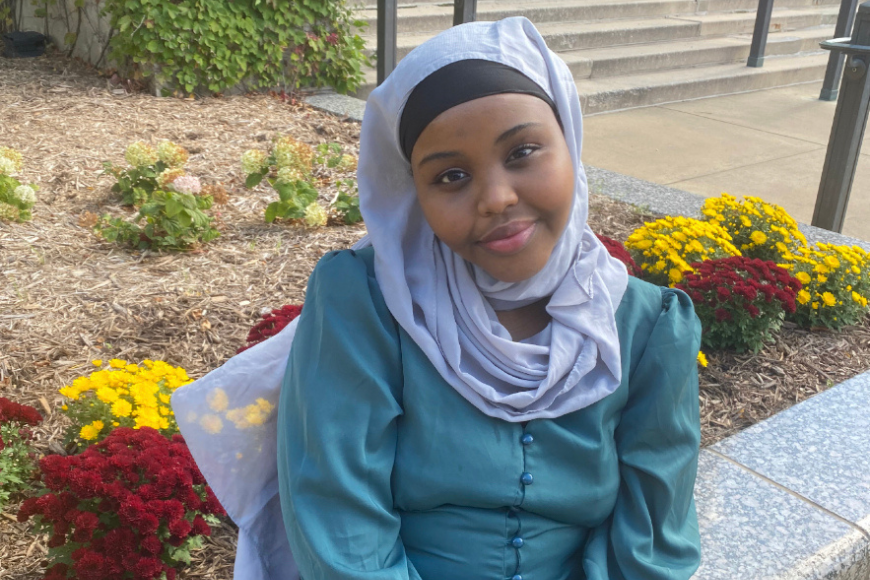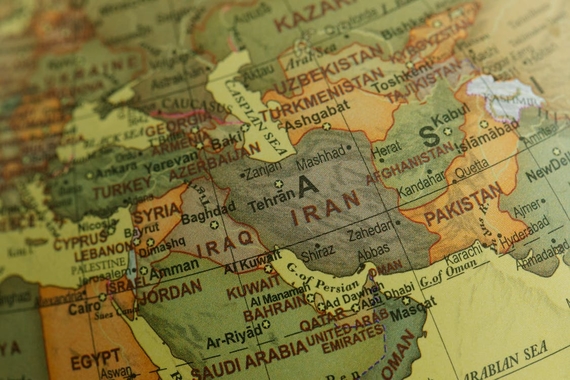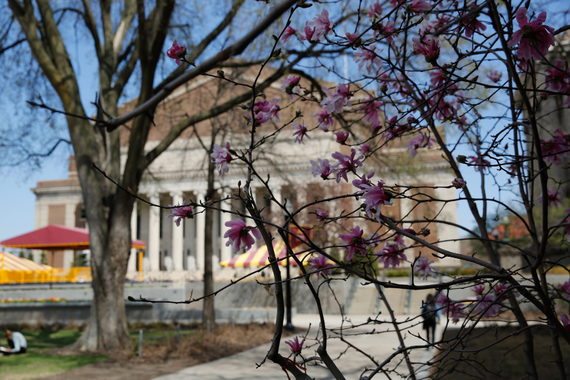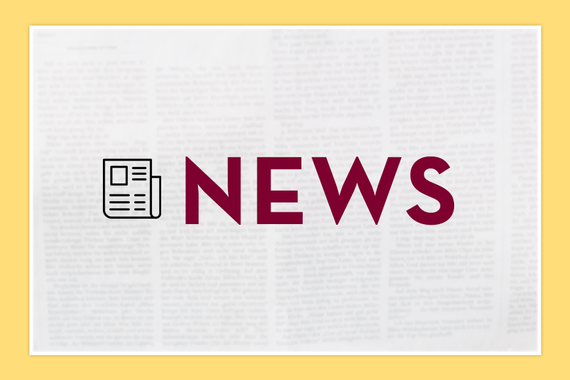Graduating Senior Spotlight: Q&A with Ilhan Adan
Hometown: Burnsville, MN
Major: Developmental Psychology
Minor: Public Health
Activities you are involved in: Research Assistant for Prof. Reynold's Chicago Longitudinal Study at Campbell Hall, a volunteer for a local Mosque, Dell Scholar, Association of Black Psychology Students, and Al-Madinah Cultural Center.
What brought you to the University of Minnesota and how did you end up choosing your major(s) and minor(s)?
I knew I wanted to be closer to home and I was fortunate and blessed enough to receive a full-ride scholarship to the U as a first-generation low-income student. I ended up choosing a major in child psychology and a minor in public health because I was always really interested in the mental health field and the overall health sector. I truly want to make a positive impact for my community.
Which CLA class or professor has had the biggest impact on you? Why?
I genuinely enjoyed my time in some of my CPSY AND PUBH classes including Behavioral Problems in Childhood with Sylia Wilson. I am looking to become a Clinical Child Psychotherapist, that class taught me so much about how mental issues manifest in children, both internally and externally. It was truly a fun and insightful class.
What course would you recommend for other students in your major? And for students outside of your major, what course would be a good introduction to what you study?
For students in the developmental psychology major, I highly recommend taking a Directed Research lab course that aligns with their interests. Directed Research lab courses allow students to explore specific topics or areas of interest within developmental psychology in depth. Whether it's studying language development, social cognition, racial biases, educational development, or emotional regulation, students have the opportunity to delve into topics that resonate with their passions and career aspirations. Also, engaging in research early in their undergraduate career helps students build a strong foundation of research skills and experience, making them more competitive candidates for graduate programs. For students outside of the developmental psychology major who are interested in gaining an introduction to the field, I would recommend taking an introductory psychology course. It can provide you with a broad overview of the principles, theories, and methodologies of psychology, including developmental psychology. Through an introductory course, you will confirm whether your passions and dream job lie in the psychology and public health field.
Tell us about a class you still think a lot about.
I still think about a few of my PUBH classes like Global Health Issues because it provided me with a lens through which I could understand the complex interplay of social, economic, and environmental factors that impact health outcomes. It illuminated the disparities faced by minority communities like mine and empowered me with knowledge and tools to address them.
What has been your favorite part of your experience with your department(s) and within your major(s) and minor(s)?
Within the Institute of Child Development, I've appreciated the close-knit community of students and faculty who are passionate about understanding and supporting children's health and development. The department offers a variety of resources, including research labs, seminars, and experiential learning opportunities, that have enriched my academic journey. I've particularly enjoyed being able to participate in hands-on research projects and community-based learning experiences where I've gained valuable insights into child development while contributing to the advancement of knowledge in the field.
Similarly, within the School of Public Health, I've been impressed by the diversity of perspectives and expertise among faculty and students. I've had the opportunity to engage in coursework and research that explores the social determinants of health, health disparities, and evidence-based interventions, which has broadened my understanding of public health issues and the strategies for addressing them.
What is one aspect of your major or minor that has surprised you? What do you wish more people understood about what you study?
One aspect that has surprised me is the intersectionality between culture, identity, and health outcomes. In both fields, I've come to realize the profound influence of cultural context on individual development and health behaviors. One thing I wish more people understood about my studies is the importance of cultural competence in both developmental psychology and public health. Cultural competence goes beyond an awareness of cultural differences; it requires an understanding of how cultural factors shape individuals' experiences, beliefs, and behaviors related to health and development.
What are some ways you have found community within your major/minor department(s)?
I have found a community within psychology student clubs like APBS and DPSO! I have found some of my best friends there and I took advantage of the opportunities they have presented me including internships, labs, and volunteering jobs. Those experiences have allowed me to become a well-rounded student and prepared me for graduate school.
What is your dream job? How is your liberal arts education helping you reach your post-graduation goals?
I aspire to become a clinical therapist and I hope to use my education and expertise to participate in public policy in the realm of mental health in the US. My liberal arts education gave me the ability to apply my education to multiple fields and sectors. I am able be adaptive because of it.
Which of the core career competencies do you think will help you the most in your future career?
Given the diverse nature of the populations I have worked with and continue to work with, cultural competence is critical for understanding and addressing the unique needs and perspectives of individuals from different backgrounds. This competency will allow me to build trust, tailor interventions to specific cultural contexts, and promote health equity. I also know that many aspects of my future career will involve working collaboratively and actively with interdisciplinary teams, including psychologists, public health professionals, educators, policymakers, and community leaders. Collaboration skills are essential for building partnerships, leveraging diverse expertise, and achieving shared goals. My experiences with student groups has helped me be a better communicator and active worker.
If you had the world's attention for 30 seconds, what would you say?
Liberation to all occupied lands!
If you could be any member on a TV show, who would you be?
Katara from "Avatar the Last Airbender!" I've always wanted to water bend.
Is there an app you hate but use anyway?
It's genuinely so difficult to be an Instagram regular currently. I love to keep up with everyone but it can be a chore sometimes.
What's next for you? What are your post-graduation plans?
I am pursuing my master' studies at the U! I will be studying social work and public health.



